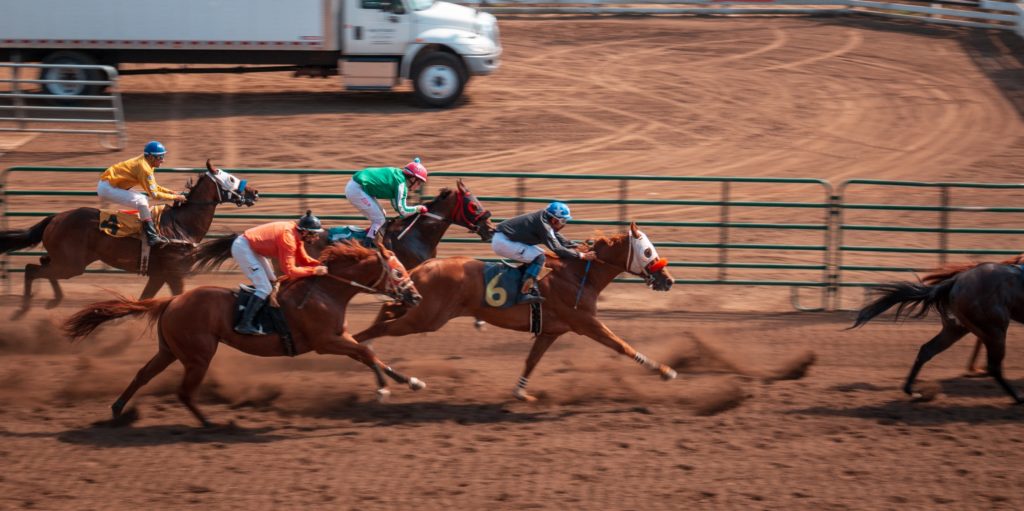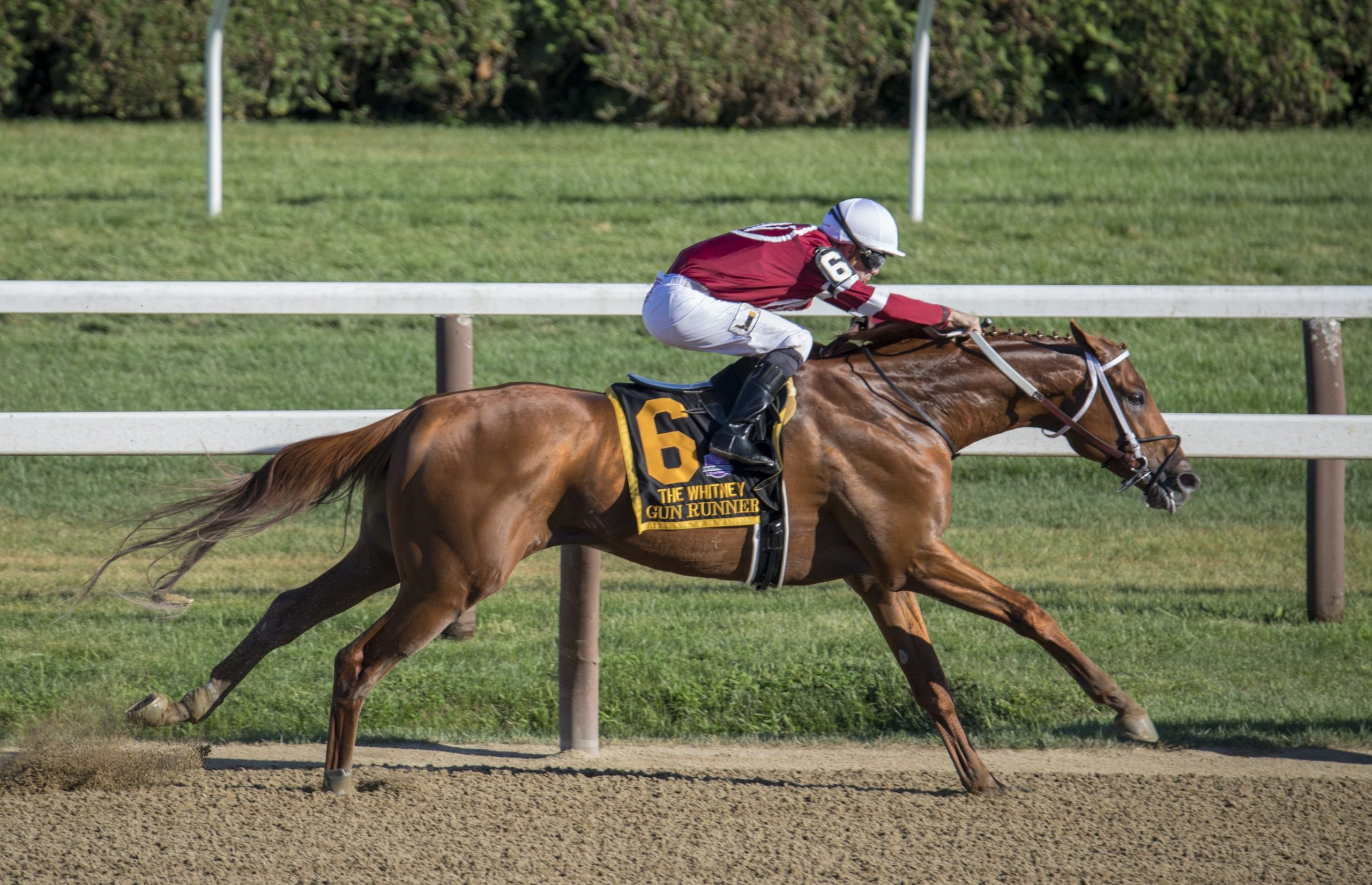It’s one of the most famous and beloved sports across the world, but is horse racing cruel? It is well known that race horses often face abuse, injury and illness, but what will it take to put an end to this popular sport.
Horse racing is a highly romanticized sport but behind the scenes, these horses face injuries, drug abuse, mental and physical breakdowns and eventually slaughter. These horses are forced to sprint and high speeds often from whipping and even electric shock. If that’s not enough, what happens back at the stable is even worse. Here is everything to know about the sport that could very well be animal cruelty.
Is Horse Racing Cruel?
Horse racing has been scrutinized for many years for being cruel and abusive. However, it is still a prevalent and popular sport all over the world. Many upper-class individuals own or bet on race horses at the expense of their well being. These horses are not treated like animals but objects or toys used to please humanities need of competition and money.
Risks Of Injury
There is a long and horrifying list of injuries that plague the sport of horse racing. Jockeys get injured quite often, but horses face injuries at a much higher rate and are rarely able to recover. These are just some of the injuries race horses face daily:
- Bone, muscle, tendon and ligament damage (broken bones, fractures etc.)
- Osteoarthritis
- Lung and breathing issues
- Cardiac arrest
- Internal bleeding
In Australia, one horse dies every 3 days, most often from extreme limb injuries, heart failure or internal bleeding. From 2017-2018, 119 horses died on the track.
What Happens At The End Of The Horses Careers?
Depending on the type of horse and condition they are in, they can be rehomed, used for breeding or slaughtered. According to the RSPCA, 19% retired Thoroughbreds are rehomed, 18% for breeding and 6% were sent for slaughter. However, 9% of retired Standardbreds are rehomed, 16% are bred and 17% are slaughtered. Most race horses finish their careers before they reach the age of 8 years old. That is well below the age of retirement for any other discipline. On average, dressage and eventing horses can often perform into there 20s.
Are Race Horses Housed In Isolation?
Horses are herd animals and thrive when being social. However, many race horses are housed in close confinement. This type of isolation causes severe distress to the animal and can cause behavioral issues. Many of these horses display crib biting (repetitive oral fixations) and weaving (repetitive behavior where horses sway or shift back and forth). All of these behaviors are due to poor socialization and stimulation.
Tongue Ties
Tongue ties are used to prevent the horse from getting their tongue over their bit during a race. It is meant to prevent choking during high intensity exercise. It makes the horse easier to control. However, the use of tongue ties causes pain, anxiety and stress for the horse. They make it difficult to swallow, they can also cause cuts, bruising, lacerations and swelling. They are widely used and unregulated.

So, Is Horse Racing Cruel?
Is horse racing cruel? The answer is pretty obvious. Most horses enjoy being worked and having a discipline. However, racing involves excessive force, unregulated practices and often results in death or severe injury. Although there is risk in all disciplines, horse racing has the highest rates of fatalities and causes the most damage to the horses well being.
Many animal rights movements have protested the sport and there are many growing efforts to ban it entirely. Do you think horse racing is cruel?
Stay Connected
